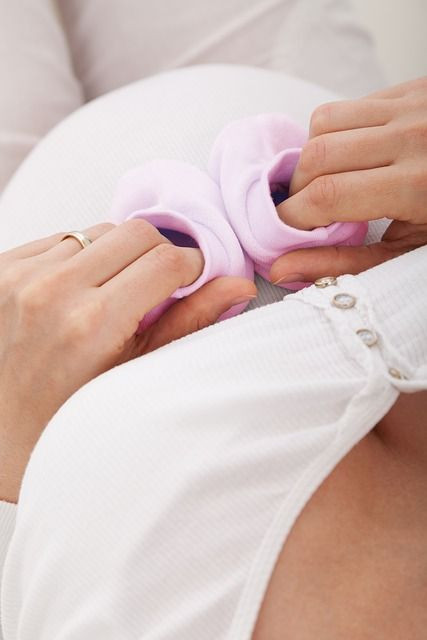Women Who Have Miscarriages May Be Too Fertile, Study Says

All the women with whom I have discussed miscarriages have described the experience as uniquely painful. One day you are pregnant, and the next, you are not - leading to a mixture of mourning and guilt. In fact, the only time that I have ever seen my mother cry is after the loss of a pregnancy. In between the birth of myself and my sister, she had three miscarriages.
For some women, the sad feelings that occur with miscarriages are particularly acute because they happen over and over again - like in the case of my mother. Recurrent miscarriages, in which women lose three or more pregnancies in a row, affect 1 in every 100 women in the United Kingdom. (I have been unable to find a similar statistic for women in the United States). Now, one study conducted by researchers from the UK, Germany, and the Netherlands think that they may have the answer to recurrent miscarriages: these women are too fertile.
According to the study, the researchers say that the wombs of these women are simply too good at letting embryos implant. This means that, instead of rejecting embryos of poor quality like they should, their uteruses let them implant anyway. Consequently, their bodies later reject the embryos, causing a miscarriage.
The study took samples from the uteruses of two sets of women: six whose fertility was described as normal, and six who had recurrent miscarriages. They made "channels" consisting of two strips of the womb cells from each of the women. In the middle of the channels, they placed high-quality embryos or low-quality embryos.
For the women whose fertility was normal, the cells grew and stretched out for the high-quality embryos. Low-quality embryos were ignored.
But for the women who'd had recurrent miscarriages, the cells grew and stretched out indiscriminately for all the embryos, with no regard for quality.
A researcher unaffiliated with the study, Nick Macklon, a consultant at Saint Anne's Hospital, said to BBC, "Many affected women feel guilty that they are simply rejecting their pregnancy. But we have discovered it may not be because they cannot carry, [but] it is because they may simply be super-fertile, as they allow embryos which would normally not survive to implant."
Dr. Siobhan Quenby from the Royal College Obstetricians and Gynaecologists added, ""It had been thought that rejecting normal embryos resulted in miscarriage, but what explains the clinical syndrome is that everything is being let in."
Doctors estimate that as many as 1 in 4 pregnancies end in miscarriage.
The study by Charlotte H.E. Weimar and her colleagues was published in PLoS One.
Published by Medicaldaily.com



























